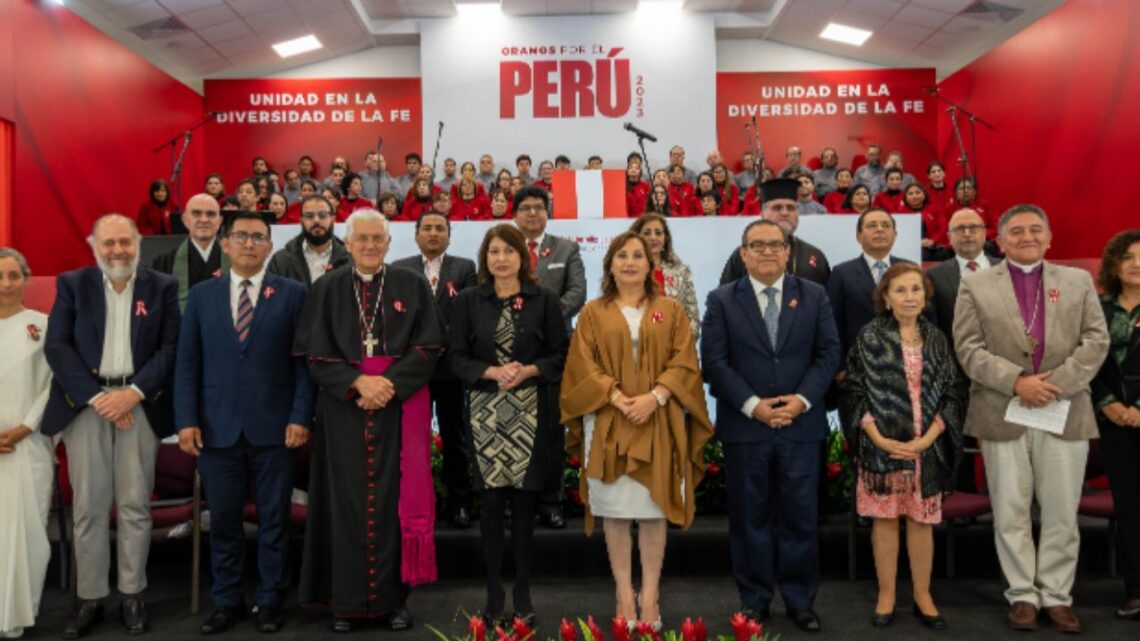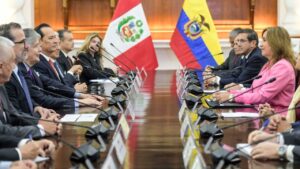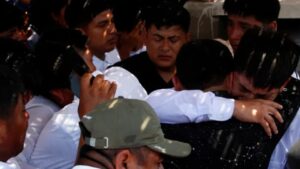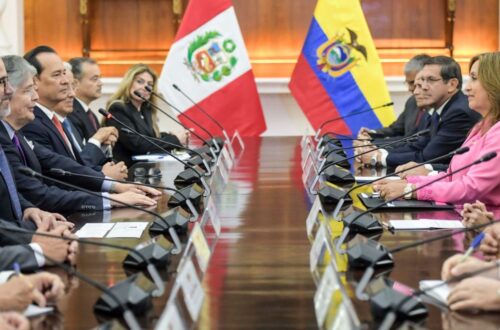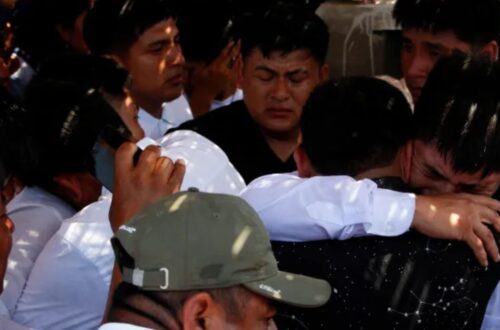In 2025, a group of Presbyterian Church (U.S.A.) leaders traveled to Peru to witness how communities are standing strong against poverty, climate change, and social inequality.
Their goal was simple but powerful — to listen, learn, and bring those lessons of justice and faith back to their congregations in the United States.
What they discovered in Peru has become a turning point for the church’s mission work.
The experiences have inspired PC(USA) leaders to take concrete actions at home, addressing environmental issues, community injustice, and the importance of partnership with Indigenous and marginalized communities.
The Purpose Of The Peru Journey
The PC(USA) delegation visited several regions of Peru — including the Andes Mountains, Lima’s coastal areas, and Amazonian Indigenous territories — to understand how global systems of inequality affect everyday life.
They met with local church partners, activists, and Indigenous leaders who shared stories of survival, resilience, and hope.
These communities have faced decades of exploitation through mining, deforestation, and pollution, yet their faith and determination continue to inspire change.
The journey wasn’t just about observing; it was about understanding shared responsibility.
The leaders realized that issues like environmental damage and economic injustice are not only Peruvian problems — they are global ones, tied to consumer behavior and industrial systems worldwide.
Key Lessons From Peru
The delegation identified several key takeaways that now guide the Presbyterian Church’s work across the United States:
| Lesson | What They Learned in Peru | How It Applies Back Home |
|---|---|---|
| Faith in Action | Churches in Peru connect faith directly to community needs. | U.S. churches must link faith with real social action and justice. |
| Environmental Stewardship | Pollution from mining has devastated local ecosystems. | Churches should advocate for cleaner energy and responsible consumption. |
| Indigenous Wisdom | Indigenous communities protect their land through spiritual connection. | Respecting Indigenous knowledge can improve environmental practices in the U.S. |
| Community Resilience | Despite hardship, communities thrive through cooperation and prayer. | Building strong community ties is key to fighting inequality locally. |
| Shared Global Responsibility | The struggles in Peru are tied to global economics and climate change. | Churches must view social justice as both local and international. |
These lessons remind the PC(USA) that faith without action is incomplete, and that learning from others can help reshape how ministry is practiced in the modern world.
Turning Reflection Into Action
After returning from Peru, PC(USA) leaders committed to implementing new programs and partnerships focused on justice and sustainability. These include:
- Environmental Outreach Projects: Encouraging congregations to reduce waste, support reforestation, and invest in renewable energy.
- Community Education: Hosting workshops about global inequality, ethical consumption, and environmental protection.
- Partnership Programs: Building long-term relationships with communities in South America and Indigenous groups in the U.S.
- Faith-Based Advocacy: Promoting policies that protect vulnerable populations and preserve creation.
- Youth Engagement: Inspiring young church members to volunteer for climate and social-justice initiatives.
By integrating these commitments into daily church life, the PC(USA) hopes to turn global awareness into local impact, creating a ripple effect of faith-driven change.
Challenges And Opportunities
While enthusiasm is high, leaders admit there are challenges ahead. Funding, education, and community participation remain key hurdles. Some congregations are still learning how to connect global justice to local realities.
However, the movement is gaining momentum. The lessons from Peru have reignited conversations about ethical leadership, sustainable living, and theological responsibility. The experience proved that mission work is not about charity alone — it’s about shared transformation.
Why These Lessons Matter
The Peru trip changed how PC(USA) leaders view mission work. Instead of seeing it as outreach, they now see it as mutual exchange — learning as much as giving.
- It highlighted that climate change and inequality are interconnected moral issues.
- It deepened the understanding that faith can drive social transformation.
- It inspired leaders to help U.S. congregations recognize that local justice is part of global justice.
These insights are guiding the church toward a more holistic, compassionate approach to faith — one that unites spiritual conviction with real-world change.
The PC(USA) delegation’s journey to Peru is a story of transformation — not just for those who traveled, but for the entire church. The trip opened their eyes to the power of faith, resilience, and solidarity in the face of global challenges.
Now, these leaders are turning lessons into action: promoting environmental care, social equity, and spiritual renewal within their own communities. The message they carry is clear — when faith meets justice, change is possible.
Peru’s lessons have sparked a new chapter in how the church lives out its mission of love, compassion, and responsibility.

